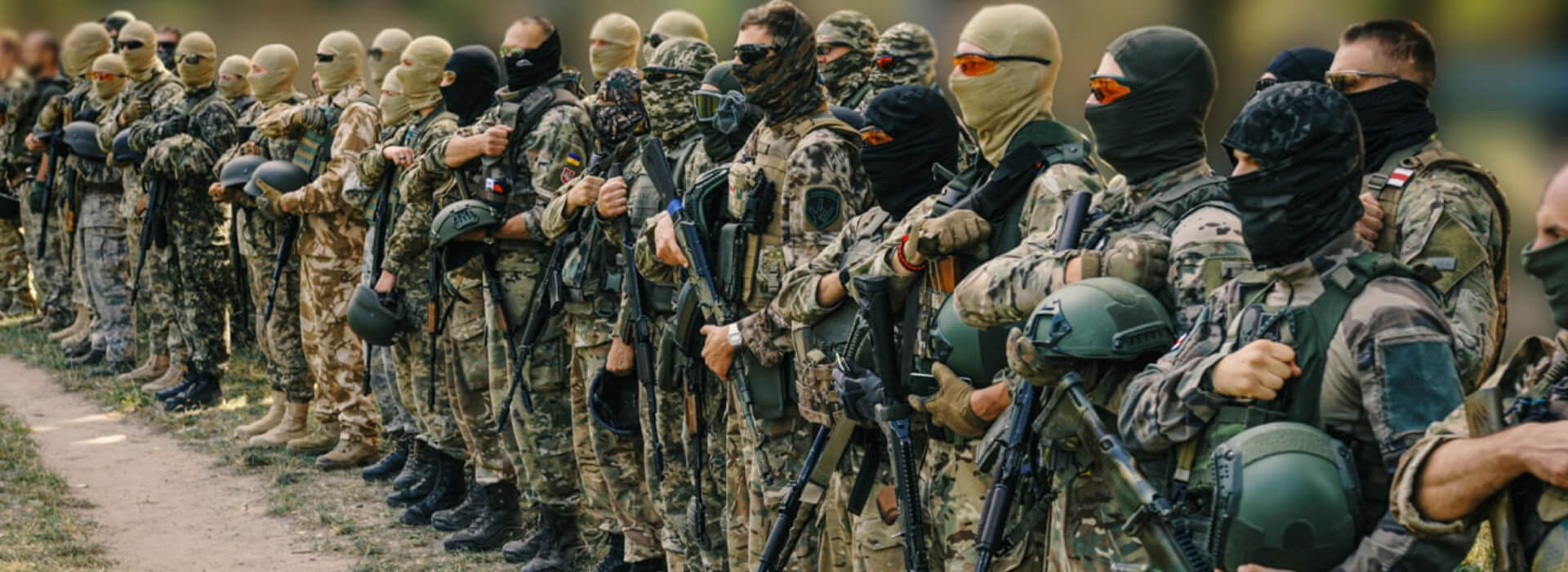- BELARUS REMAINS A REGIONAL THREAT TO SECURITY
- LUKASHENKA ANNOUNCES NEW REPRESSIVE PRACTICES TO REACH CRITICS ABROAD
BELARUS REMAINS A REGIONAL THREAT TO SECURITY
Although the troops of Aliaksandr Lukashenka are not participating in land operations in the territory of Ukraine, they continue to play crucial role in Russia’s missile attacks and air raids on Ukrainian civil and military objects. In addition to direct engagement in war (by providing land, airspace, intelligence information, air defense and logistics support to Russia’s troops), Belarus plays significant role in distraction of Ukraine’s troops (it keeps running military drills along the border with Ukraine). To prevent another «march on Kyiv» through Northern Ukraine, Ukrainian army destroyed access roads, placed mines, and put up concrete barriers along the 1000 km-long border with Belarus to keep Lukashenka’s troops away.Despite direct involvement of Lukashenka regime in war, no legally-binding steps have been taken internationally to acknowledge it an accomplice in the crime of the war of aggression – despite Western rhetorics repeatedly blaming Kremlin-controlled ruler of Belarus for participation in war on Russia’s side. Lukashenka is verbally threatened with «accountability» for his crimes, but so far neither him, nor his subordinates ever faced serious consequences. Moreover, it looks like even Ukrainain experts haven’t learnt the lessons of «February invasion» and call for the West to make a deal with Lukashenka and run business as usual despite his principal role in major crimes conducted in both Belarus and Ukraine. Without legal recognition of Lukashenka regime as accomplice in war, no accountability is possible.Similarly, Lithuania and Poland enforced their borders with Belarus. Poland, for instance, has completed a 186-kilometre-long and 5-metre-high physical fence on the border with Belarus after 2021 Minsk-led migration crisis. Lithuania completed a 550-kilometers long physical barrier and razor wire fences in August, but (just like Poland) it keeps reporting Minsk-led attacks on its border infrastructure.
LUKASHENKA ANNOUNCES NEW REPRESSIVE PRACTICES TO REACH CRITICS ABROAD
Belarus remains among the most heavily sanctioned countries worldwide. The economic downfall is worsening due to Western sanctions against Russia – the main trade partner of Lukashenka-related businessmen and so-called «state companies» (that are de-facto fully controlled by Lukashenka and his sons). Almost two years of state terror caused an estimated 100,000 to 200,000 Belarusians fled their home country as it has seen a record number of arrests (estimated 35,000 civilians).A large part of political refugees belonged to creative industries, middle class and upper middle class: including, but not limited to entrepreneurs and high-tech specialists (with some of them forced to run from repressions in Belarus, and then – from war in Ukraine). Mass exodus of these individuals in 2020-21 was followed by a second wave of high-tech workers leaving after February 24, 2022 events (with nearly 20% of high-tech workers having left the country in the last 6 months). The outflow of active individuals with higher wages is forcing additional pressure on Belarus economy, and Lukashenka is desperate to bring IT professional back into Belarus, and Russia’s financial help is definitely not enough to sustain «old standards of life» anymore.Although Putin’s puppet regent in Minsk has announced «an amnesty» to be introduced on September 17, repressions across Belarus continue, the number of political prisoners is growing (with some 30-40 new civilians detained on a daily basis, and some 20 people acknowledged as new political prisoners every week), and prison terms for human rights activists reach unprecedented 17 years of imprisonment. In some cases, elderly and sick political prisoners are given terms of 10 years – which essentially equals to death in prison. Even if some political refugees will be released, it is unlikely that repressions will stop – both internally and across the border.On top of that, Lukashenka’s team is preparing new «legislation» to revoke Belarusian citizenship of political refugees who fled Belarus after 2020 events. This initiative is a direct violation of the Constitution of Belarus. If implemented, this initiative may turn hundreds of thousands Belarusian refugees into stateless persons – and will become a serious legal challenge for countries that host last Belarusian diaspora (foremost – Poland, Ukraine and the Baltic countries) as well as Tsikhanouskaya’s office that yet has no legal power to issue internationally recognized Belarus passports.Best regards,iSANS team










